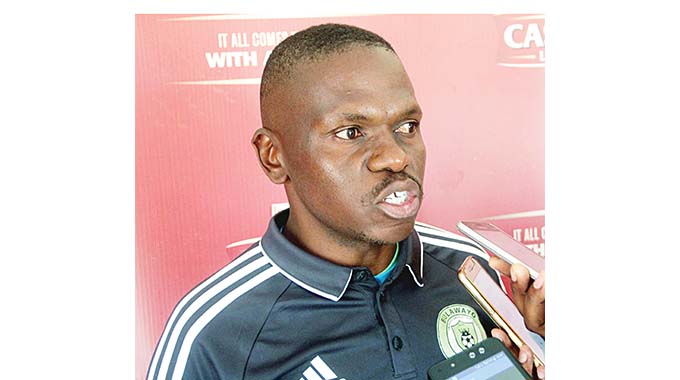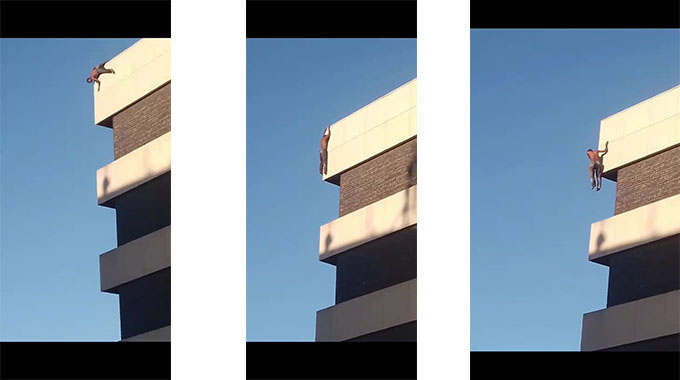Five days of no water in Gweru

Patrick Chitumba, Midlands Bureau Chief
A humanitarian disaster is looming in Gweru as the whole city has gone for five days without running water.
Previously, some suburbs would run dry while others would be having water- a development that would see residents going to other suburbs to look for the precious liquid.
But since Saturday, the whole city has been dry owing to a power outage at the city’s water supply source- Gwenhoro Dam.
Power lines feeding Gwenhoro Dam are said to have fallen as a result of the incessant rains that have been pounding the city for the past two weeks.
Gwenhoro Dam and the treatment plant are 46km away from Gweru.
As a result, residents have been forced to fetch water from unprotected sources such as wells and ponds raising fears of an outbreak of diseases.
Those with boreholes especially in low-density suburbs such as Athlone, Lundi Park, Kopje have been selling the commodity for US$4 per 20litre bucket- a figure that is out of reach for many residents who are failing to settle their water and rates debts with Gweru City Council.
In areas such as Mkoba 15, 18 and 21, those with wells which are mostly unprotected have also been selling water for at least US$2 per 20litre bucket mainly because council boreholes are broken down while those working are now overwhelmed by residents in search of water.
Gweru has been caught in a vicious cycle of water-borne diseases for a long time because water and sanitation infrastructure has been collapsing over the years.
In 2008, more than 10 people died of typhoid which left 2 000 requiring medical attention in the city because of water shortage which forces residents to use water from unprotected sources.
An outbreak of diarrhoea infected at least three people early this year.
Mayor, Councilor Josiah Makombe said there was no electricity at Gwenhoro Dam following the power outage on Saturday morning.
“There are some Zesa poles which collapsed along the power line to Gwenhoro Dam on Saturday. Zesa has been working on them,” he said.
Clr Makombe said as a result of the power outage, council is experiencing pumping challenges at Gwenhoro treatment plant.
“Because of the power outage, we haven’t been pumping water and that resulted in the taps running dry. Zesa is working flat out to address the fault line and we hope soon we will have water back,” he said.
Clr Makombe said the local authority will continue to experience erratic water supplies as a result of power outages and breakdown of equipment.
He said there was a need for a new dedicated line for Gwenhoro Dam and the pumping station which doesn’t feed to companies or houses so that there is uninterrupted supply of power to pump water.
“Zesa has been promising to give us one, we need to push for that with them because we will continue to face water challenges,” he said.
In 2017, councillors and management failed to agree on a proposal to introduce a levy to address some of the challenges faced by the city.
The councillors said ratepayers could not afford to pay the levy since they were already failing to settle bills owing to economic hardships with the management arguing that such a levy had helped resolve some of the water challenges faced by other local authorities.
A service level benchmarking peer review report carried out in June revealed that council was losing at least 57 percent of its treated water through burst pipes and leakages, with most of its equipment having outlived its lifespan.
If it’s not the power outage, it’s the burst water pipes which council officials have said are too old and therefore need to be replaced.
Residents are therefore calling on the Government to intervene so that the water situation is addressed as a matter of urgency.
“We are tired of these water problems we are always facing in Gweru. If it’s not Zesa, it’s the pipes we are told. We are calling for the Government to intervene so that the situation is arrested before we experience more water borne disease.
Council must be made to account for what is happening,” said Mr Munyaradzi Zano, a resident.











Comments